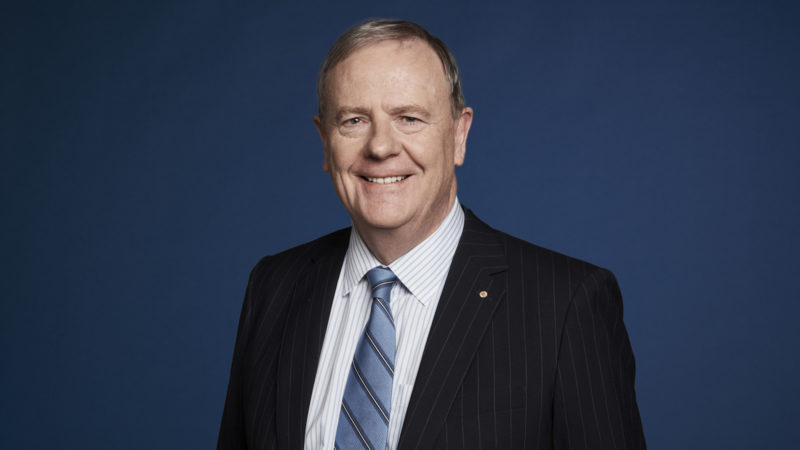Nine hits out at ‘market power’ of Google & Facebook, warns of cut backs to content
Global digital content platforms like Facebook and Google were in the crosshairs of Nine during its 2020 AGM, specifically their unregulated access to premium content produced by others.
Chairman Peter Costello and CEO Hugh Marks spoke in-depth about the impact of COVID-19 and the challenges it has posed this year, but each singled out the negative impact of Facebook and Google on Australian businesses, creators, and consumers.

Nine chairman Peter Costello

